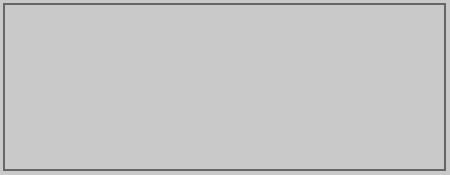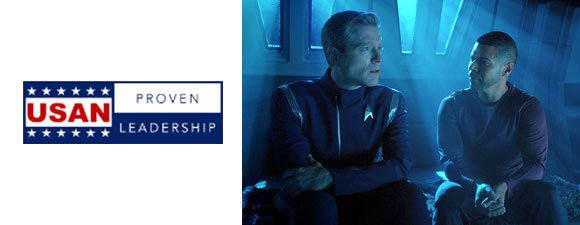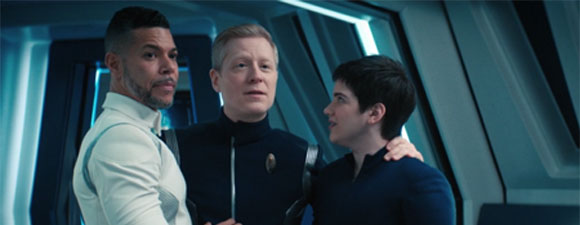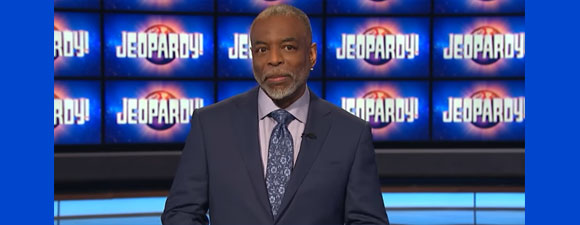Jung: Krall And Kirk Motivations
2 min read
Star Trek Beyond Co-Writer Doug Jung explained how they developed Krall, the villain of the movie.
“We knew what we wanted him to go through,” said Jung. “We knew we wanted him to have this sort of idealistic, philosophical difference with Starfleet, but we didn’t quite have why – so we were like, ‘Maybe he came from this world that was taken over by the Federation,’ but then we were sort of like, ‘Well, why don’t we wrap it back around in the mythology?’ and we got to, ‘Why don’t we make him a former member of M.A.C.O.?’
“We get to shine a light on what I imagine would have been a very turbulent time, right before the Federation is created. And for him to be in that sort of precipice of change and to be a guy who is being asked to make a big change, and is unable to do it, that sort of just fit in thematically with everything we were sort of saying. So it was a gift of fifty years of Trek lore rising to the surface when we need it.
“I thought it’d be kind of interesting, too. You can make some modern analogies in terms of like the CIA, which is [that] you’re asking these people, you’re training them their whole lives to see the world one way, and then you say, ‘Oh, by the way, you’re now obsolete, but we’d like you to do [this other thing].’ It’s tough.”
Director Justin Lin joined in the discussions with Jung and Simon Pegg, and questioned whether a “utopian kind of universe [could] actually exist. What does that mean,” asked Jung. “Is it even necessarily good – and without a sort of Darwinist drive, do people evolve or will they just not? And what is the Federation? If you look at it one way, it feels like it’s sort of colonization.”
Kirk, seemingly comfortably settled on the Enterprise, also had questions as to what his role was in the scheme of things and where he fit in. “[His] personal journey of realizing his initial purpose for joining Starfleet – or, at least one of them – has been accomplished,” said Jung. “He’s eclipsed his father. Now what? Now what do you do?
It sort of felt like they were all kind of dancing around the same idea of ‘How do you find purpose? What does it mean that we’re trying to create this ideal as a society?'”






